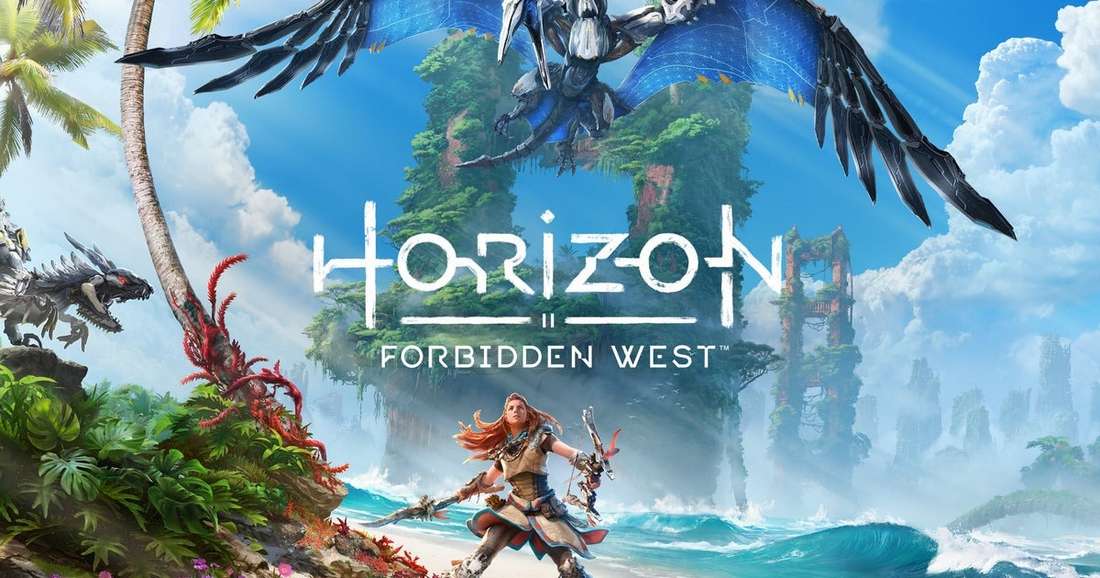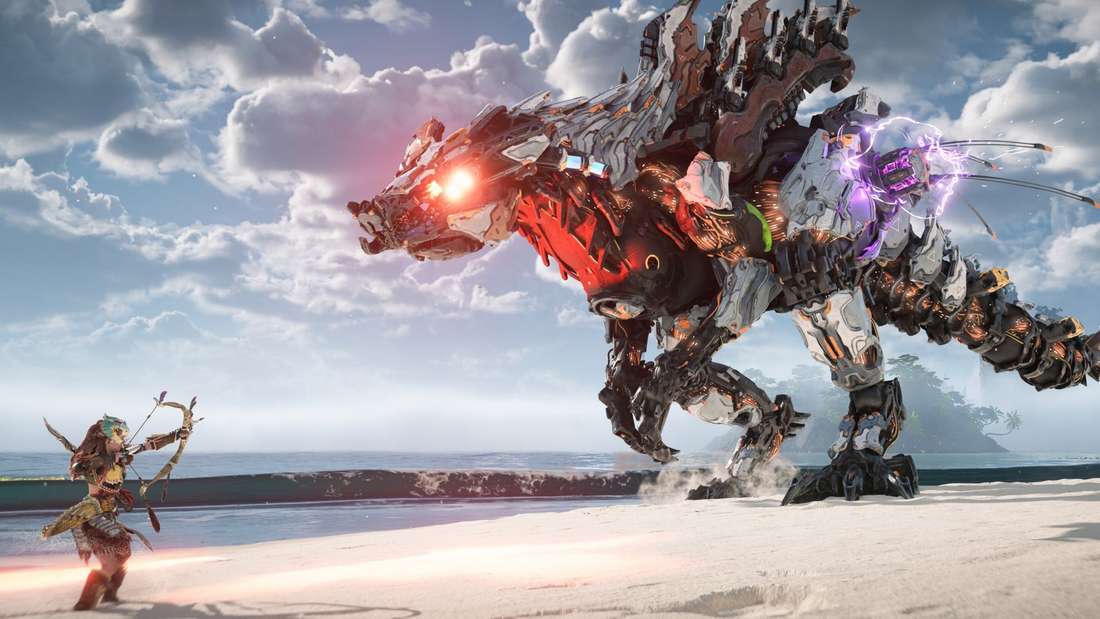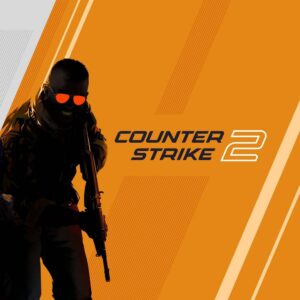Lawsuit Erupts: Sony Fires Back at Tencent, Accusing ‘Corporate Shell Game’ in Horizon IP Row
Popular Now
 Minecraft
Minecraft
 Counter-Strike 2
Counter-Strike 2
 Among Us
Among Us
 CarX Street
CarX Street
 Black Myth: Wukong
Black Myth: Wukong
 EMI Calculator App & Loan EMI
EMI Calculator App & Loan EMI
 Free Fire
Free Fire
 PUBG Mobile
PUBG Mobile
 NBA 2K24
NBA 2K24
 Warframe
Warframe
 The legal battle between gaming giants Sony Interactive Entertainment (SIE) and Chinese conglomerate Tencent has escalated dramatically, with Sony unleashing a scathing court filing. Sony is accusing Tencent’s defense against the copyright and trademark infringement lawsuit—which centers on the Tencent-published game Light of Motiram—of being “nonsense” and a deliberate attempt to obfuscate liability by “playing a shell game” with its subsidiaries. This intensifying dispute, which has major implications for intellectual property protection in the highly lucrative video game industry, continues to rumble on in a US federal court.
The legal battle between gaming giants Sony Interactive Entertainment (SIE) and Chinese conglomerate Tencent has escalated dramatically, with Sony unleashing a scathing court filing. Sony is accusing Tencent’s defense against the copyright and trademark infringement lawsuit—which centers on the Tencent-published game Light of Motiram—of being “nonsense” and a deliberate attempt to obfuscate liability by “playing a shell game” with its subsidiaries. This intensifying dispute, which has major implications for intellectual property protection in the highly lucrative video game industry, continues to rumble on in a US federal court.
 The Core Allegation: A ‘Slavish Clone’ and Unfair Competition
The Core Allegation: A ‘Slavish Clone’ and Unfair Competition
The original lawsuit, filed by Sony in July 2025, asserts that Tencent’s upcoming post-apocalyptic open-world survival game, Light of Motiram, is a “slavish clone” of Sony’s highly successful PlayStation franchise, Horizon Zero Dawn and Horizon Forbidden West. Sony’s claim details pervasive copying of protected elements, including:
- The Protagonist: A red-haired, bow-wielding female character that journalists and fans widely noted as an extremely close look-alike to Horizon’s iconic lead, Aloy. Sony even claims a “Character Mark” infringement.
- The Setting and Aesthetic: A post-apocalyptic world featuring primitive, tribal attire juxtaposed with futuristic technology and robot animal machines.
- Musical Elements: Allegations that Tencent even hired a composer who worked on the Horizon score to give its trailer a similar, infringing sound.
In a critical twist, Sony claims that Tencent had previously pitched an official Horizon mobile game collaboration to them in 2024, which Sony declined. They allege Tencent went ahead with its own plan using the very intellectual property elements they were unable to license.
 Tencent’s Defense and Sony’s Rebuttal
Tencent’s Defense and Sony’s Rebuttal
Tencent previously filed a motion to dismiss the case, arguing that Sony was attempting to “fence off a well-trodden corner of popular culture” and monopolize common genre ingredients also seen in games like The Legend of Zelda: Breath of the Wild and Far Cry. They also noted that since Light of Motiram had been delayed until late 2027 and its Steam page was quietly scrubbed of many of the most egregious look-alike elements, the case was “unripe” for judgment.
Sony’s latest filing has passionately rejected this defense:
“Tencent remarkably contends SIE’s claims are unripe because – despite having announced and continuously promoted its game for months – Tencent (purportedly) delayed Light of Motiram’s release until 2027 after SIE sued. This is nonsense. The damage is done – and it continues.”
Sony is arguing that the irreparable harm of consumer confusion and market interference has already occurred through the game’s announcement and promotion. They have since filed for a preliminary injunction to immediately cease Tencent’s use of any marketing material related to the game’s infringing elements.
The ‘Shell Game’ Allegation: Corporate Water Muddying
Perhaps the most potent accusation leveled by Sony is that Tencent is using its sprawling, labyrinthine corporate structure to evade accountability. Sony’s lawsuit names multiple Tencent entities, including Tencent America, Proxima Beta U.S., and Tencent Holdings. In response, Tencent has tried to deflect liability, claiming Sony is suing the wrong subsidiaries.
Sony’s lawyers directly challenged this, accusing the tech giant of deliberately “playing a shell game with its brands and entities” to shield its ultimate responsibility:
- Parent Company Control: Sony points out that Tencent Holdings, the parent company, describes its own business as having a Games division that “own[s] Aurora Studios”—the developer of Light of Motiram.
- Financial Unity: Tencent Holdings reportedly aggregates all games revenue and debt on its annual report without distinguishing between subsidiaries, confirming it remains “at the helm.”
- Marketing Misdirection: The game was advertised using the widely recognized Tencent name, making the corporate separation in court a convenient, but disingenuous, legal tactic.
This accusation of corporate obfuscation is a key battleground, as Sony seeks to prove that the core infringement was a top-down decision, regardless of which shell company was technically involved in the game’s publishing or development.
Future Outlook and High-Stakes IP Battle
The case represents a high-stakes clash over intellectual property rights in an era of rapid globalization and the rise of massive international game publishers. Sony’s forceful response, calling Tencent’s defense “nonsense” and its corporate tactics a “shell game,” indicates a resolute commitment to protecting the Horizon IP, a core pillar of the PlayStation brand. The outcome will set a critical precedent for how global courts handle copyright claims against conglomerates that operate through complex, multi-layered corporate structures.
Sony is pushing the court to reject Tencent’s motion to dismiss and allow the case to proceed to discovery, where they can access Tencent’s internal communications and truly expose the origins of the alleged “slavish clone.” The global gaming community is watching closely to see if the delay and cosmetic changes to Light of Motiram will be enough to shield Tencent from liability for what many still view as a flagrant example of plagiarism.









